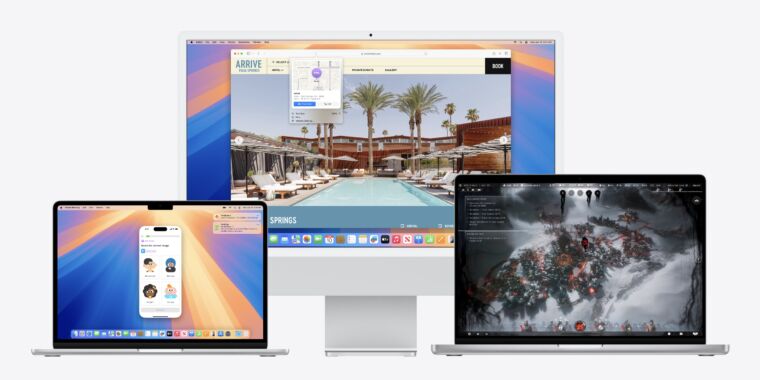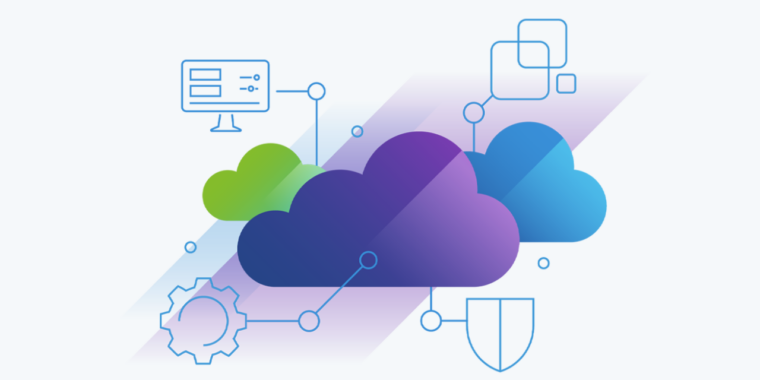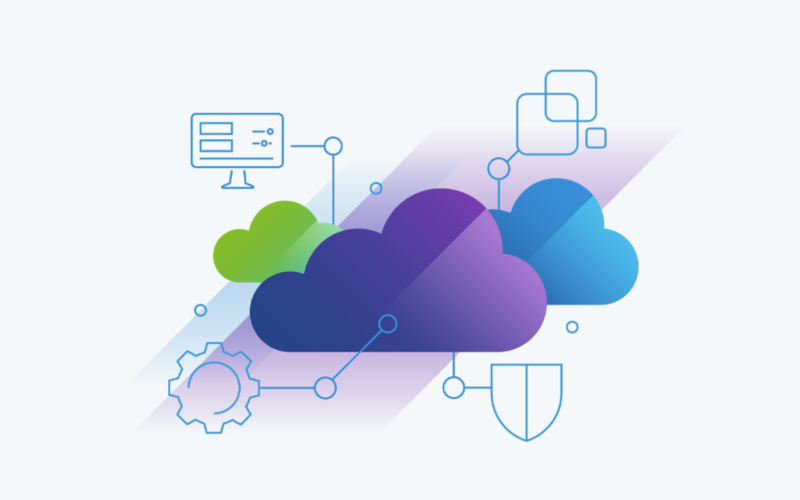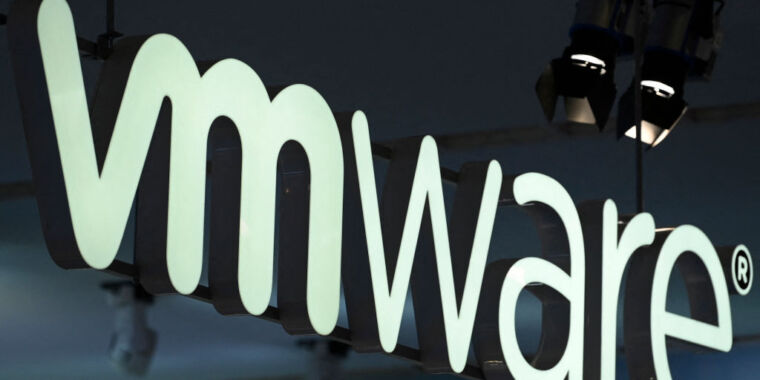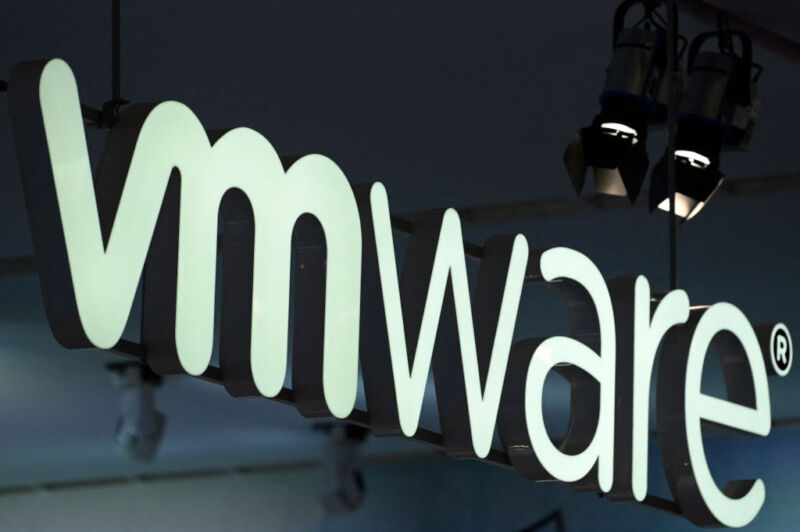Apple quietly improves Mac virtualization in macOS 15 Sequoia
virtual realities —
It only works for macOS 15 guests on macOS 15 hosts, but it’s a big improvement.
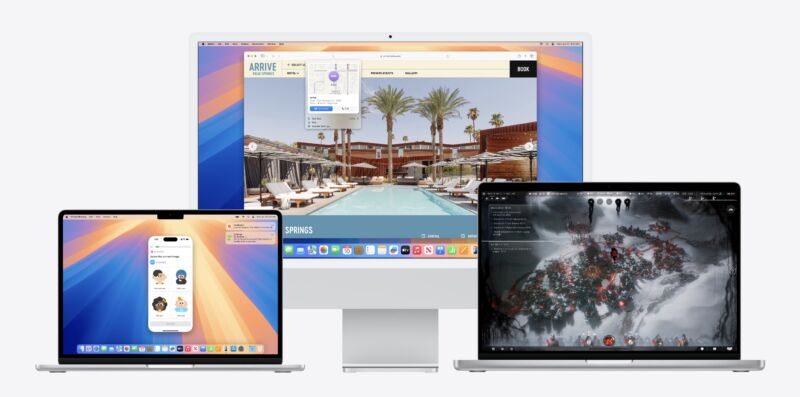
Enlarge / Macs running a preview build of macOS 15 Sequoia.
Apple
We’ve written before about Apple’s handy virtualization framework in recent versions of macOS, which allows users of Apple Silicon Macs with sufficient RAM to easily set up macOS and Linux virtual machines using a number of lightweight third-party apps. This is useful for anyone who needs to test software in multiple macOS versions but doesn’t own a fleet of Mac hardware or multiple boot partitions. (Intel Macs support the virtualization framework, too, but only for Linux VMs, making it less useful.)
But up until now, you haven’t been able to sign into iCloud using macOS on a VM. This made the feature less useful for developers or users hoping to test iCloud features in macOS, or whose apps rely on some kind of syncing with iCloud, or people who just wanted easy access to their iCloud data from within a VM.
This limitation is going away in macOS 15 Sequoia, according to developer documentation that Apple released yesterday. As long as your host operating system is macOS 15 or newer and your guest operating system is macOS 15 or newer, VMs will now be able to sign into and use iCloud and other Apple ID-related services just as they would when running directly on the hardware.
This is still limiting for developers, who might want to run an older version of macOS on their hardware while still testing macOS 15 in a VM, or those who want to do the reverse so that they can more easily support multiple versions of macOS with their apps. It also doesn’t apply to VMs that are upgraded from an older version of macOS to Sequoia—it has to be a brand-new VM created from a macOS 15 install image. But it’s a welcome change, and it will steadily get more useful as Apple releases more macOS versions in the future that can take advantage of it.
“When you create a VM in macOS 15 from a macOS 15 software image… Virtualization configures an identity for the VM that it derives from security information in the host’s Secure Enclave,” Apple’s documentation reads. “Just as individual physical devices have distinct identities based on their Secure Enclaves, this identity is distinct from other VMs.”
If you move that VM from one host to another, a new distinct identity will be created, and your iCloud account will presumably be logged out. This is the same thing that happens if you backup a copy of one Mac’s disk and restore it to another Mac. A new identity will also be created if a second copy of a VM is launched on the same machine.
Mac users hoping to virtualize the Arm version of Windows 10 or 11 will still need to look to third-party products for help. Both Parallels and VMware offer virtualization products that are officially blessed by Microsoft as a way to run Windows on Apple Silicon Macs, and Broadcom recently made VMware Fusion free for individuals.
Apple quietly improves Mac virtualization in macOS 15 Sequoia Read More »
